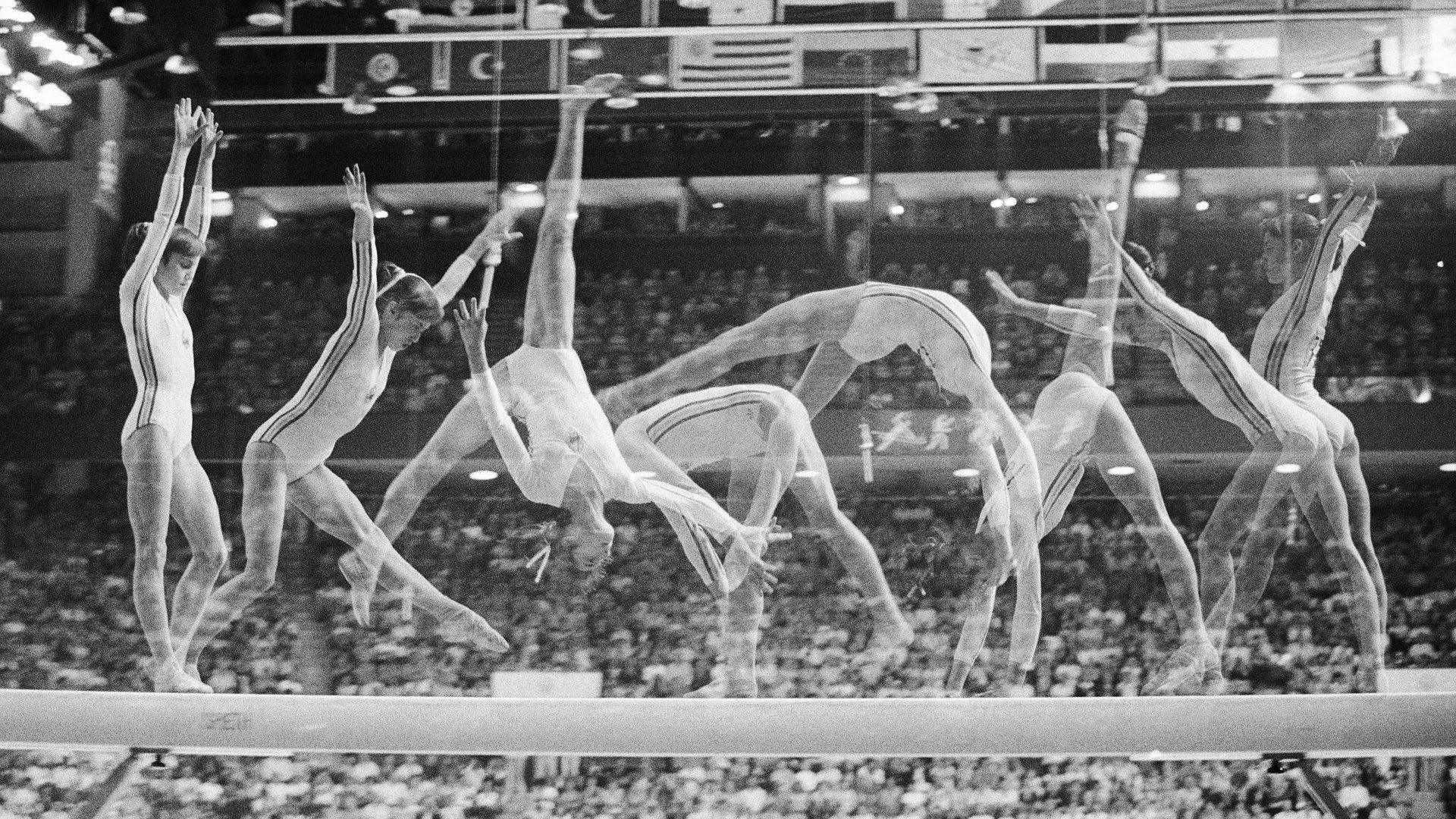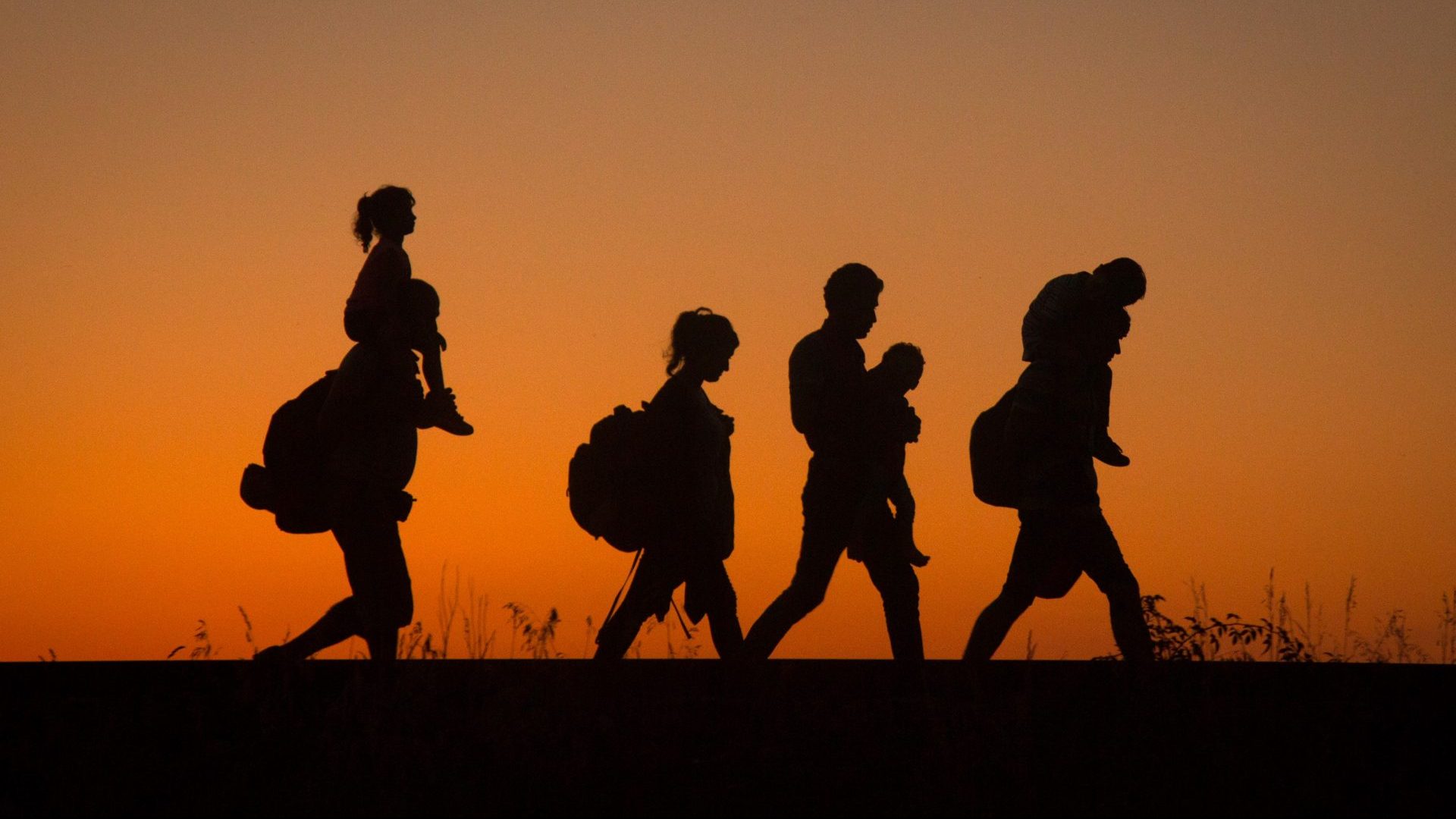On the night of November 27-28 1989, seven people made their way towards the frontier between Romania and Hungary. Underfoot, the frozen earth creaked loudly, or so it seemed to them as they scrambled across the deep furrows of a ploughed field. At intervals, they heard barking in the distance, from the surrounding villages. By now it was after midnight and the temperature had dropped so low that the cold had become a real danger, although it wasn’t the only one, nor even the most significant, since the seven had embarked on the most perilous adventure of their lives: they were about to make an illegal border crossing between two communist states.
Their guide was Gheorghe Talpoş, a shepherd well known in those parts. If a Romanian army patrol had caught him walking by himself near the border strip, Talpoş would have been able to provide any number of plausible reasons for his being there. But the risk Talpoş was taking was compounded by the fact that one of the fugitives he was guiding to the border was Nadia Comăneci, the gold-medal-winning Olympic, world and European gymnast, whom Nicolae Ceauşescu touted throughout the world as a symbol of national pride. The world’s most famous gymnast was now fleeing her own country, which had been a repressive totalitarian regime for more than four decades.
Years later, Nadia was to remember the dense darkness, which she found particularly ominous: “When we stepped out into the night, we each put our hands on the shoulders of the person in front of us because once we moved away from the house, it was impossible to see. If I hadn’t been touching the person in front of me, I would have got separated from the group and been lost.”
But the greatest, most pressing danger came when, around two hundred yards in front of them, they saw the silhouettes of Romanian border guards marching away a man and a woman whom they had just captured trying to cross the frontier illegally.
It was almost dawn when they reached Hungary, relieved that the most difficult journey of their lives had ended well. They knew they had crossed the frontier only when they came upon a milestone marking the end of Romanian territory, since, contrary to what Nadia had imagined, there were no barbed-wire fences along the dividing line. They pressed on and only after a few kilometres did they stop to hug and kiss each other.
Not long after that they came face to face with two Hungarian border guards, who loomed up as if springing out of the ground. Without realising it, they had been walking towards a watchtower, from which the two soldiers kept a lookout over the area. They then took them to Kiszombor, a town near the frontier, where they were put through their first interrogation.
The Romanian penal code at that time treated illegal border crossings as crimes against state security, and those found guilty of such an act were given prison sentences of between six months and three years. Having acted as a guide, Talpoş would have received a harsher sentence, although it is hard to believe that he would have survived to appear in court, as he would have been subjected to unimaginable torture during interrogation for having had the audacity to help Nadia Comăneci escape from Romania.
The unit commandant arrived and demanded the fugitives’ papers. He spoke perfect Romanian. George Paraschiv, one of Nadia’s fellow fugitives, describes the officer’s immaculate uniform, his round spectacles and cropped hair, all of which gave him an intimidating air, which seemed not to bode well for his prisoners; the officer had “a Nazi look about him”, as Paraschiv puts it. By Paraschiv’s account, the commandant lost his icy composure on discovering the identity of his famous prisoner:
He starts to read out the names, as if making a roll call: then he comes to the name… Nadia Comăneci…
He is about to continue, but stops. He looks at her through those ridiculous spectacles and, screwing up his eyes, attempts a quip:
“I think this identity card must be stolen. Or is it a forgery?”
He grins from one corner of his mouth, as if expecting her to confirm it. He’s jubilant!
Nadia stands up and says: “It’s really me, the gymnast, the Romanian champion, the world champion.” The captain’s face becomes contorted, he turns red, he turns pale, he starts trembling… he leaves the room in a hurry.
Orders can be heard from the corridor. I don’t understand what they’re saying. Three soldiers burst in, line up in front of the door, holding their rifles.
More than 40 minutes later, the group heard a helicopter landing outside and shortly afterwards the officer ushered a delegation of two generals and eight civilians into the room where Nadia and the others were being held. One of the civilians was Pál Schmitt, the chairman of the Hungarian Gymnastic Federation. Schmitt, who spoke a little Romanian, greeted Nadia warmly and the two of them left the room together, with Nadia showing obvious relief at seeing a familiar, friendly face.
The door opens and Nadia enters, alone. She sits down, jubilant, beaming. The officer continues after a brief pause. It’s as if we’re in court. He reads out some articles of the Hungarian constitution.
I begin to understand what he’s getting at. I’m nervous. He begins curtly:
“In accordance with article number such-and-such I must surrender you to the Romanian authorities.”
My face turns white. I look at Nadia, she looks at me. Monica looks at her, too. Nadia jumps up, like a coiled spring.
“If that’s your decision, then we’ll all go back, we’ve all suffered the same, we’ll all bear the consequences together,” she says solemnly.
The officer looks at her in amazement and then leaves the room, calmly, this time. We await the verdict. There is silence. Some of us are crying, they realise what the alternative is. I look at Nadia, I know that she’s raising the stakes, that she has an ace up her sleeve.
The door opens, the Hungarian officer comes in. He’s carrying a sheaf of paper. He hands out forms to us, we fill them in. We then receive temporary identity cards, which he stamps on the spot. “We’re all still together,” I say to myself, “we’ve been really lucky.”
Adapted from Nadia Comăneci and the Secret Police: A Cold War Escape, by Dr Stejarel Olaru, published by Bloomsbury. © Dr Stejarel Olaru 2023



